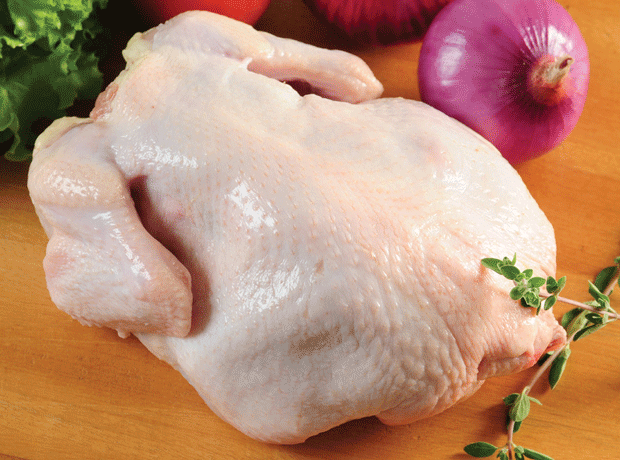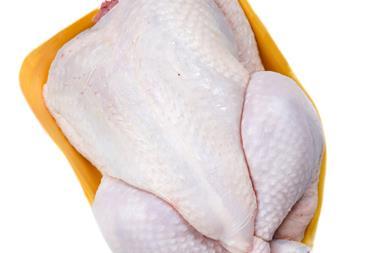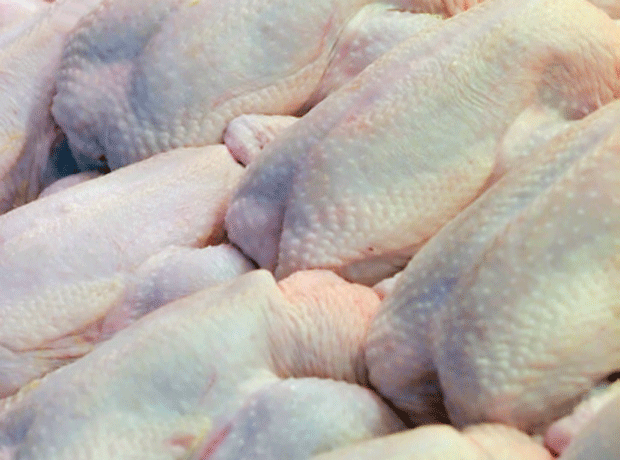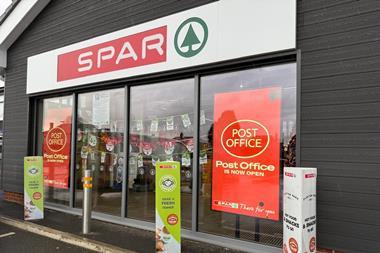Levels of dangerous campylobacter decline in stores

Levels of dangerous campylobacter bacteria on fresh chicken in UK grocery stores are continuing to fall, latest Food Standards Agency (FSA) figures show.
Across the market 4.5% of chickens tested positive for the highest level of contamination
ALREADY HAVE A REGISTERED USER ACCOUNT? PLEASE LOG IN HERE
To read the full story join the ConvenienceStore.co.uk community today!
Registration is quick and easy and provides access to:
- Unlimited ConvenienceStore.co.uk articles
- Our great range of newsletters
- Content you’ve saved for later via the ‘my library’ feature
And much more…































